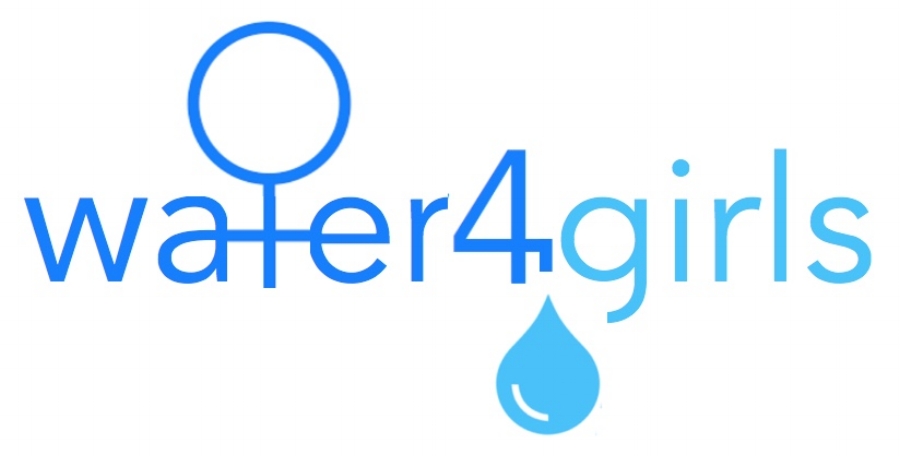Why water4girls?
While there are “international development” and scholarly articles addressing the subject of water as a women’s issue, few educational materials exist that articulate the foundational variables of the unnecessary burden of water as it relates to girls of different nations. Further, few put them into a perspective with which everyone can relate.
OUR STORY
The vision emerged over the last decade as the staff of non-profit Freedom in Creation, Gulu, Northern Uganda, became intimately familiar with the disproportionate burden girls and women bear concerning the collection of water for their families. Too often this leads to extreme mental and physical stress from hours of water collection, lack of educational opportunity, a predisposition to child marriage, increased sexual abuse, neglect of children under their care, and a lack of reproductive health. Expected and forced to collect water for their families, girls experience the unnecessary burden.
With a lack of voice for girls and sense of need for both local and global advocacy and education to rectify it, the water4girls initiative emerged to provide girls and women the opportunity to voice their experiences as participants in the process of addressing and correcting inequities surrounding water. With relationally-oriented and technologically engaging educational resources (mainstream videography, virtual reality, art, etc.), water4girls serves as a conduit through which inequities and the many complex variables upon which they are built, are unearthed and discussed so that a new foundation can be laid.
We believe...
- Thoughtfully employed art and technology are tremendous assets in affording seldom heard voices to impact and enrich the water-related equity discourse.
- The unnecessary burden endured by women in association with water insecurity is a tremendously overlooked social burden and source of bondage.
- In interdependence; that injustices endured by women are injustices to all and have a readily overlooked but tremendously negative impact on boys (especially) and men. While men are often labeled as culpable in cases of injustices towards women, understanding men’s victim-hood is key to helping empower their critical participation in enacting solutions towards water-related equity.
- A new critical discourse is needed as consequential actors are largely divorced from intimate familiarity with the variables that define water-related gender inequity.
“If you want to go fast go alone. If you want to go far go together.
”





